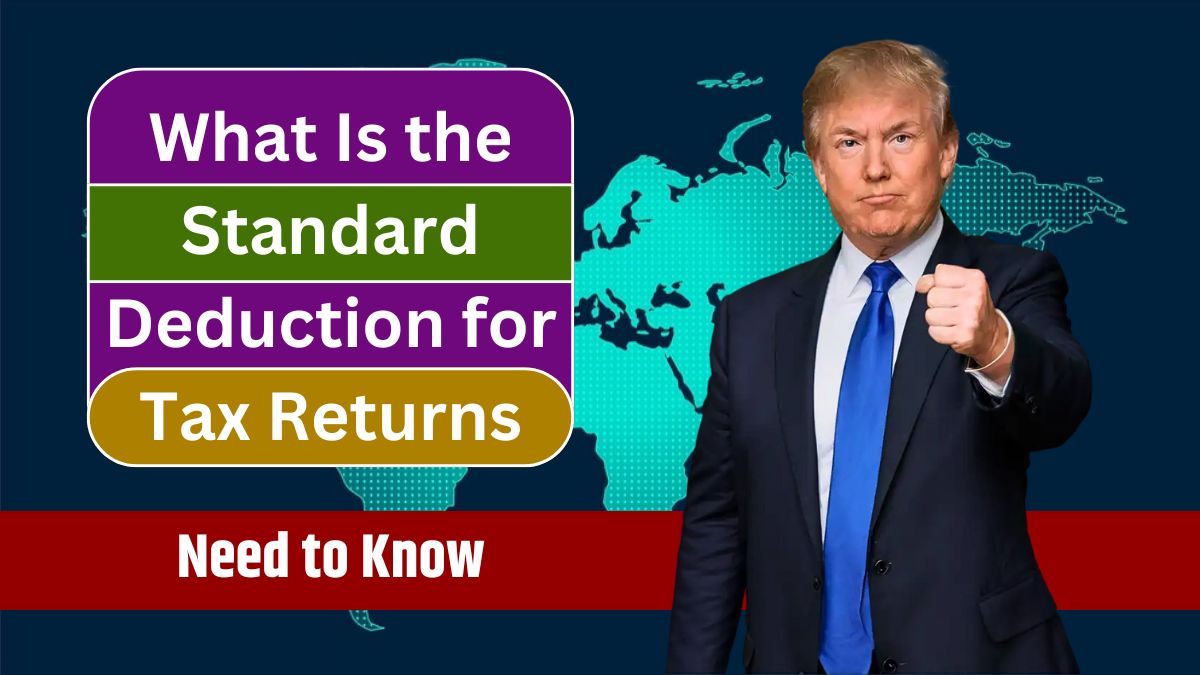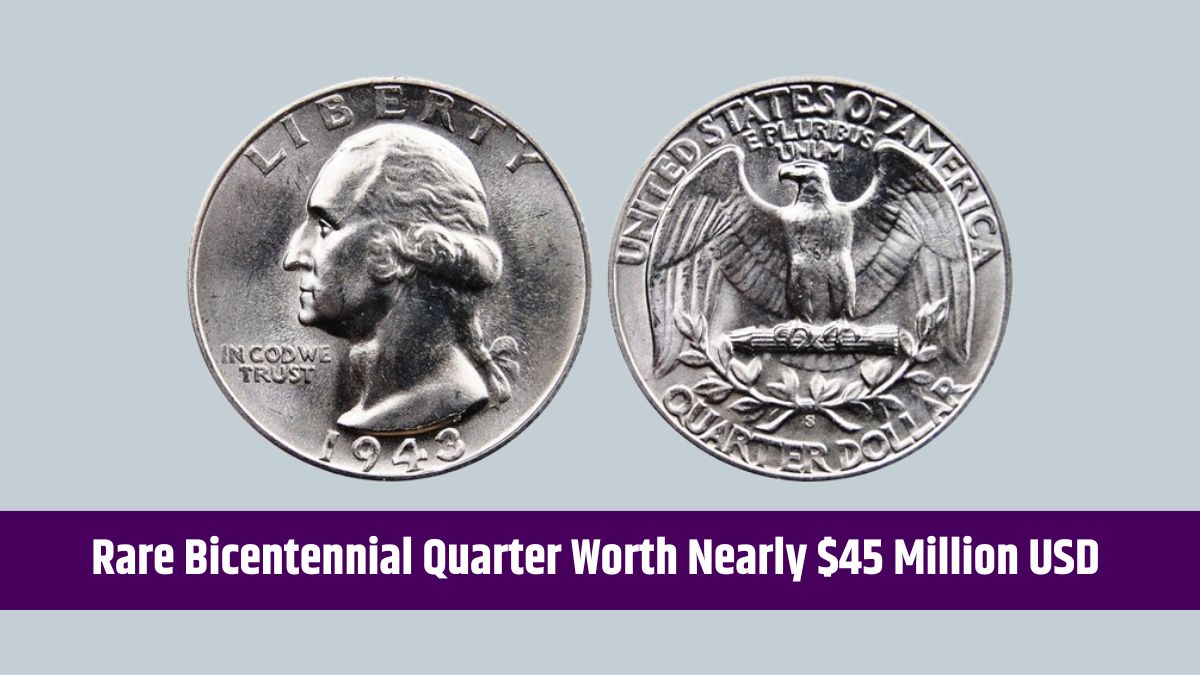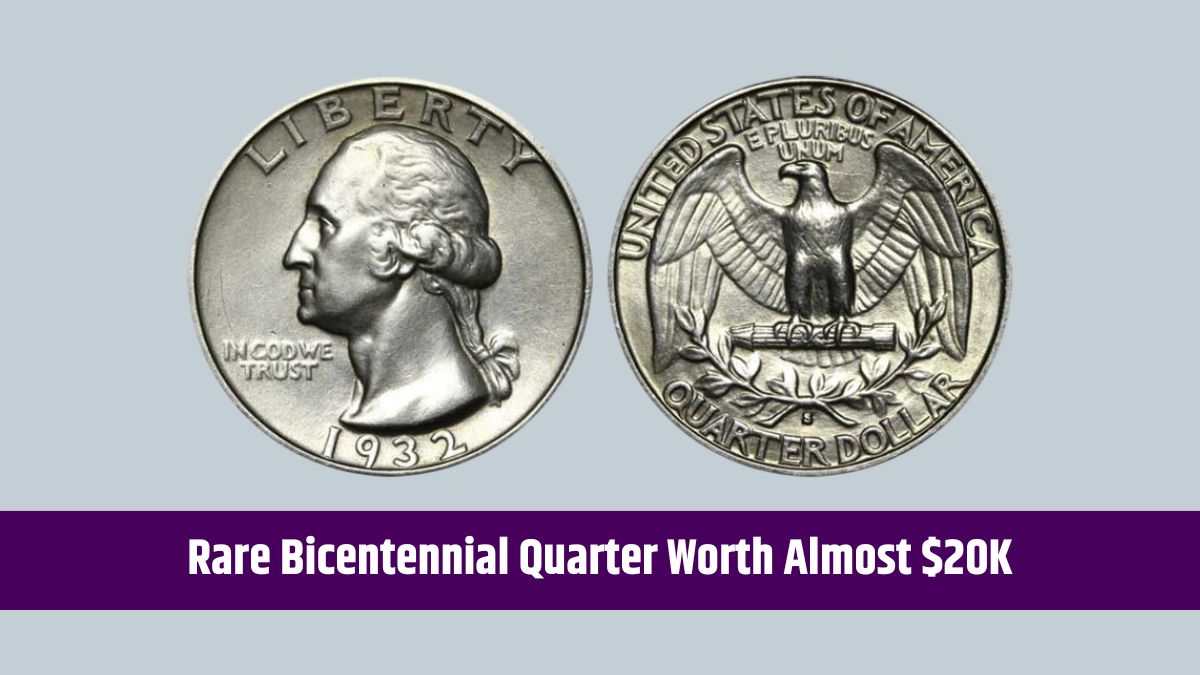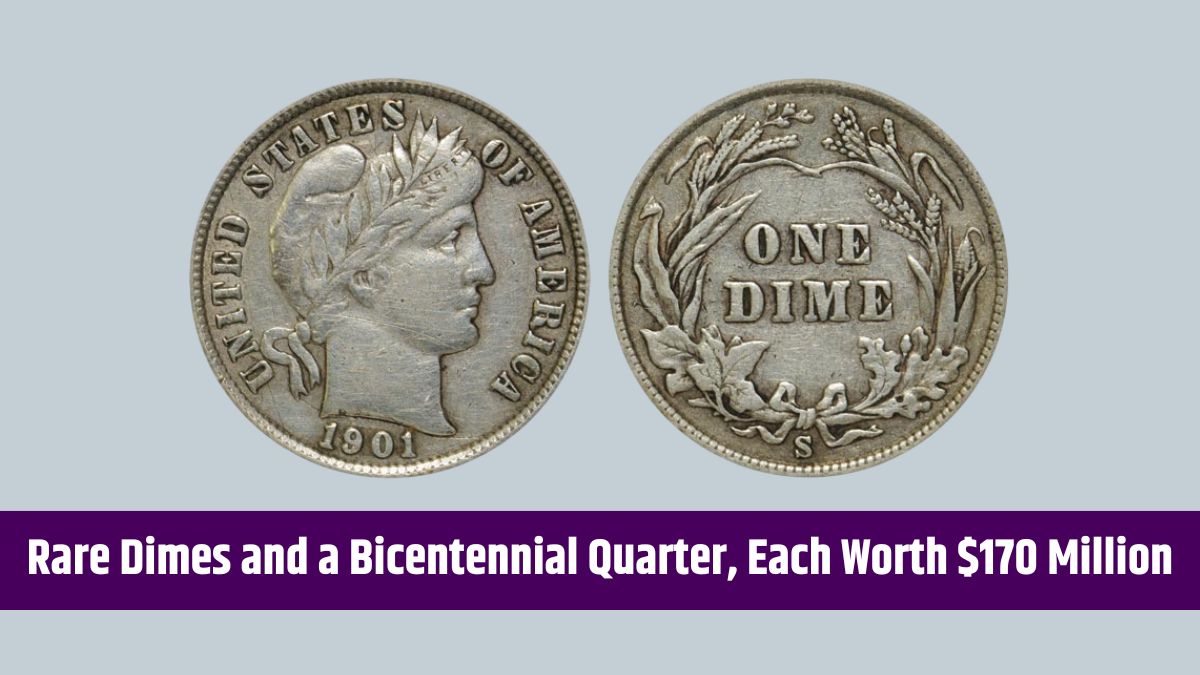Receiving Social Security benefits doesn’t mean you’re restricted from earning money through other sources. Extra income can be helpful for unforeseen needs or to maintain your lifestyle. However, if you choose to start collecting benefits before reaching your full retirement age (FRA) of 67, certain income limits may apply, potentially reducing your Social Security payments.
Full Retirement Age
If you’re younger than 67 and working while receiving Social Security, there’s a limit to how much you can earn without reducing your benefits. Here’s how it works:
- Annual Earnings Limit:
- For 2025, the annual limit is $19,560.
- For every $2 you earn above this limit, $1 is deducted from your benefits.
- Example:
- If your benefits are $1,000 per month ($12,000 annually) and you earn $22,000 in a year:
- Earnings over the limit: $22,000 – $19,560 = $2,440.
- Benefit reduction: $2,440 ÷ 2 = $1,220.
- Total annual benefit after the reduction: $12,000 – $1,220 = $10,780.
- If your benefits are $1,000 per month ($12,000 annually) and you earn $22,000 in a year:
- Higher Limit in the Year You Reach FRA:
- The earnings limit increases to $51,960 in the year you turn 67. Only $1 is deducted for every $3 earned above the limit.
- After reaching FRA, there are no earnings limits. You can work and earn as much as you like without reducing your Social Security benefits.
Social Security Benefits
Not all income counts against the annual earnings limit. Here are income types that won’t impact your Social Security benefits:
1. Dividends and Investment Income
- Money earned from investments, dividends, or savings does not count as “earned income” and will not reduce your Social Security benefits.
2. IRA Distributions
- Withdrawals from an Individual Retirement Account (IRA) or other retirement savings accounts are excluded from the earnings limit.
3. Pensions
- Payments from pensions or retirement plans are not considered earned income and won’t reduce your Social Security benefits.
4. Rental Income
- If you earn money from renting out property, it doesn’t count toward the earnings limit unless managing real estate is your primary job.
5. Inheritances and Gifts
- Inheritances, gifts, and other transfers of wealth are not considered taxable income for Social Security purposes.
6. VA Benefits
- Veteran’s benefits—whether disability-related or otherwise—are exempt from Social Security earnings limits.
7. Royalties
- Royalties earned from intellectual property or other owned assets don’t impact your Social Security benefits unless they are tied to active work.
8. Unemployment Benefits
- Receiving unemployment benefits will not reduce your Social Security payments.
9. Wages from Independent Work
- If you’re self-employed, you may not have to worry about the earnings limit as long as your income isn’t categorized as traditional earned wages.
10. Tax-Exempt Pension Plans
- Funds from federally tax-exempt pension plans will not affect your Social Security income.
Maximizing Your Benefits
To ensure you’re making the most of your Social Security benefits:
- Monitor Your Earnings: If you’re under 67, be mindful of how much you earn to avoid benefit reductions.
- Evaluate Income Sources: Determine which types of income will or won’t affect your Social Security benefits.
- Delay Benefits: If possible, delay collecting Social Security until your full retirement age or beyond to avoid earnings limits and maximize your monthly payments.
While receiving Social Security benefits, you can still earn additional income from various sources without jeopardizing your payments. However, if you’re under 67, it’s crucial to stay within the earnings limit to avoid reductions. Once you reach full retirement age, there’s no limit on how much you can earn, giving you complete financial flexibility. By knowing how different income sources impact your benefits, you can better manage your finances and maximize your retirement income.
FAQs
What is the Social Security earnings limit for 2025?
The limit is $19,560 for individuals under full retirement age.
Do dividends count against my Social Security benefits?
No, dividends from investments do not affect Social Security benefits.
Are IRA withdrawals included in the earnings limit?
No, IRA distributions are not counted toward the Social Security earnings limit.
What happens if I exceed the earnings limit?
Your benefits are reduced by $1 for every $2 earned over the limit.
Is rental income considered for Social Security?
No, rental income does not count unless managing property is your main job.











